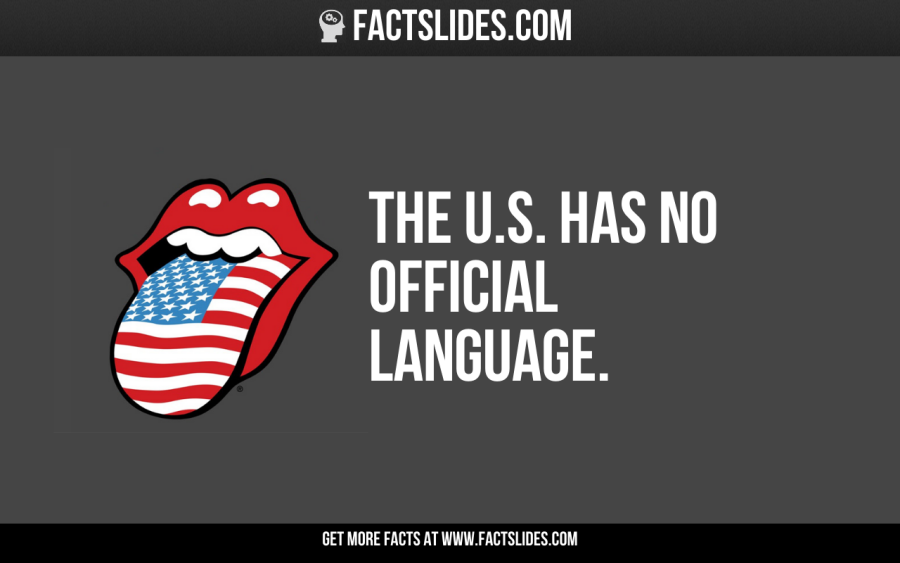There is no official language in the us

There is no official language in the US.

When it comes to languages spoken in the United States, diversity takes center stage. As a country built by immigrants from all around the world, the United States is a melting pot of cultures and linguistic backgrounds. Unlike many other countries, the United States does not have an official language designated at the federal level. This fact makes it unique among nations, allowing for a vibrant multilingual society to thrive.
The absence of an official language in the US does not imply that English has no dominant role in everyday life. In practice, English is commonly used for government proceedings, business affairs, and education. It serves as the de facto language for communication in most situations throughout the country. However, the lack of an official status ensures that no language is afforded legal superiority or exclusivity.

Thanks to its diverse population, the United States is home to a multitude of languages. Spanish, for instance, is widely spoken in many parts of the country due to its historical connections with Latin America and its growing Hispanic population. With globalization and an ever-increasing number of immigrants, the US also sees a significant presence of languages like Chinese, Tagalog, French, Vietnamese, and many others.
Having no official language promotes inclusivity and respect for cultural diversity. It allows individuals to celebrate their heritage and communicate in the language they are most comfortable with. This linguistic freedom is protected by laws such as the Civil Rights Act and the Voting Rights Act, which ensure that no one is discriminated against based on their language preferences.
Furthermore, the absence of an official language opens up opportunities for language education and translation services. Schools and institutions can offer courses in various languages, empowering individuals to become bilingual or multilingual. Businesses benefit from translation and interpretation services, facilitating communication with different communities and expanding their reach.
The lack of an official language also challenges us to embrace understanding and learn from one another. It encourages cultural exchange and mutual respect for different ways of communication. This diversity enriches the American fabric and contributes to a multicultural identity that is uniquely American.
In conclusion, the United States stands out among nations by not having an official language designated at the federal level. While English holds a dominant role in practical usage, the absence of an official status allows for a society that cherishes its linguistic diversity. This inclusive approach fosters cultural understanding, offers opportunities for language education, and reinforces the values of respect and equality for all individuals, regardless of their native tongue.
- Source: speakt.com/language-facts
Share
Related Posts
Quick Links
Legal Stuff

